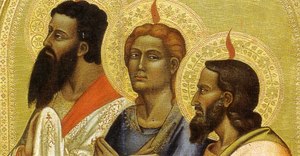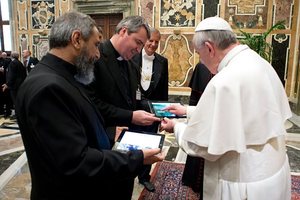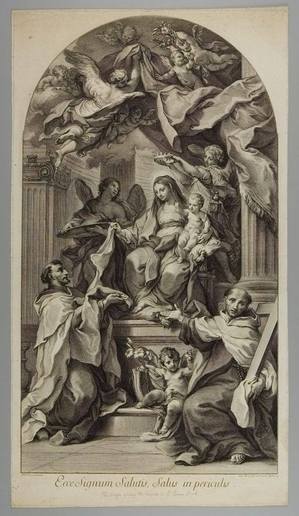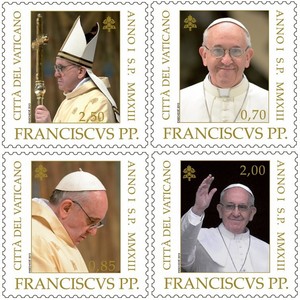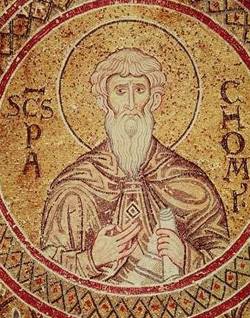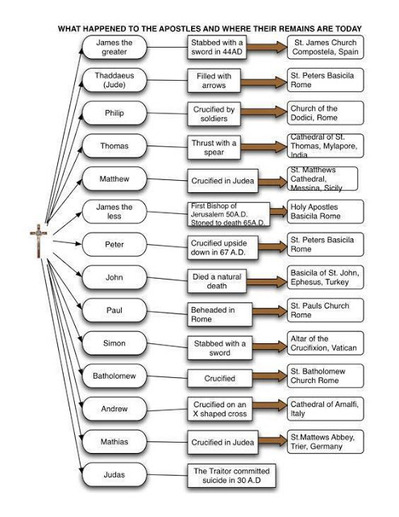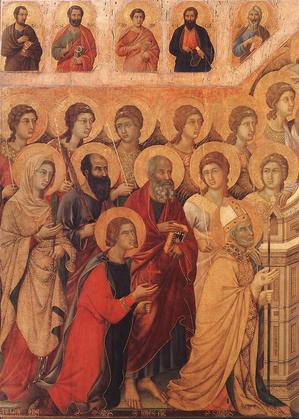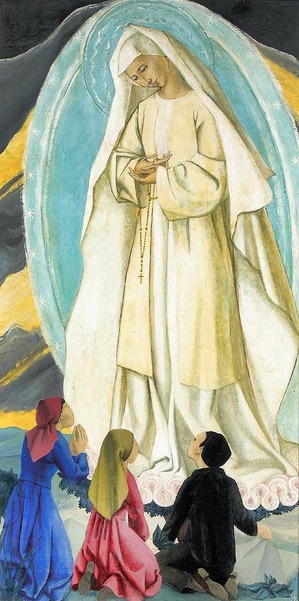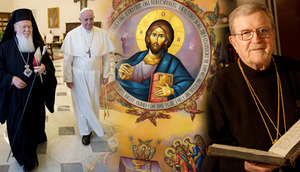This weekend we are celebrating the Pentecost. The gift of the Holy Spirit was promised by Jesus; the Spirit is what creates and sustains us. In 2006 Pope Benedict met with members of the ecclesial movements. What follows the points he made on the Holy Spirit that I thought would be good to meditate on today. Our study and prayer to and in the Spirit is not well known in the Church so I think this material appropriate for formation and evangelization. As part of the Year of Faith observances the ecclesial movements are meeting with Pope Francis today and tomorrow. Come, Holy Spirit!
The Holy Spirit, in giving life and freedom, also gives unity. These are three gifts that are inseparable from one another. I have already gone on too long; but let me say a brief word about unity.
To understand it, we might find a sentence useful which at first seems rather to distance us from it. Jesus said to Nicodemus, who came to him with his questions by night: “The wind blows where it wills” (Jn 3: 8). But the Spirit’s will is not arbitrary. It is the will of truth and goodness.
Therefore, he does not blow from anywhere, now from one place and then from another; his breath is not wasted but brings us together because the truth unites and love unites.
Continue reading The Holy Spirit makes us sons and daughters of God
